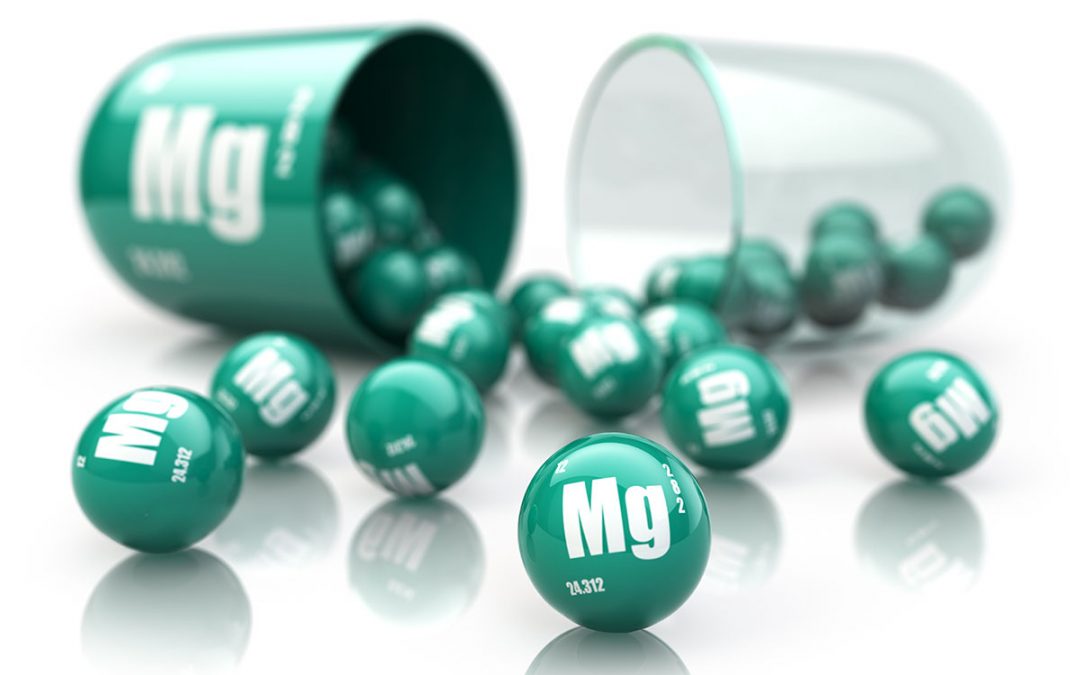According to the Anxiety and Depression Association of America, anxiety is by far the most common emotional disorder. It affects 40 million people over the age of 18 in the United States, or just over 18% of the adult population. While anxiety is a highly treatable problem, less than 40% of people affected seek or receive treatment. Besides medication, one mineral that stands out as an effective way to treat anxiety is magnesium.
Magnesium is one of the most abundant minerals in the human body along with other important minerals including calcium, sodium, phosphorus and potassium. Research has shown magnesium has the ability to reduce mild and generalized anxiety, anxiety associated with premenstrual syndrome (PMS) and postpartum anxiety.
One reason magnesium may reduce anxiety is due to its ability to improve brain function. Specifically, it plays an important role in neurotransmitter regulation. In a broader sense, magnesium may be seen to improve neurological health. Researchers believe magnesium also reduces stress and anxiety by interacting with the hypothalamus, the part of the brain that regulates the adrenal and pituitary glands, which are responsible for an individual’s response to stress.
One study used magnesium lactate and magnesium oxide to reduce anxiety in participants. Magnesium lactate is used as a food additive and magnesium oxide is used to treat migraine headaches and constipation.
Many people do not get enough magnesium from their diets and are found to have low magnesium levels. Foods that can provide healthy levels of magnesium include:
- Dark chocolate
- Nuts and seeds
- Leafy greens
- Avocado
- Whole grains
- Legumes
While obtaining magnesium from whole foods is best, supplements have been shown to reduce anxiety as well. Magnesium is also effective in improving mood, lowering blood pressure, reducing pain and migraines, helps with constipation, and improves sleep.
Always consult your healthcare practitioner when beginning a new supplement and never exceed 350mg per day.
